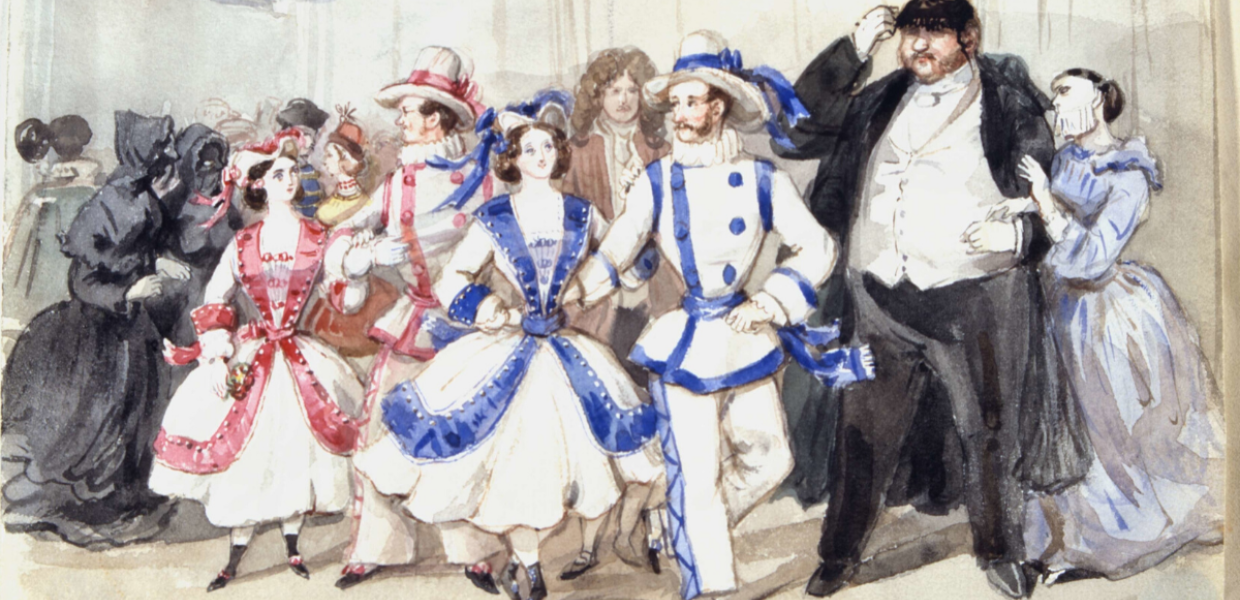What is Public Domain Day?
When a work (of art, music, or literature) enters the public domain, it loses copyright protection, giving wider society the opportunity to use the content. You may be familiar with the life of the author +70 years rule, which under many jurisdictions and in broad terms, defines the moment when copyright protection expires.
Of course not all authors die in January, but to make calculating the date slightly easier, many countries choose 1 January as the day where works by authors who died the year before officially enter the public domain. Hence Public Domain Day (PDD) is an international celebration that takes place annually on 1 January (or throughout that month) to highlight the fact that many works have become available to the public for re-use.
Why celebrate it?
- The public domain encourages creativity and innovation. When a work is in the public domain, there are many more possible ways for the public to reuse it. This fosters creativity and innovation - something which cultural heritage institutions can celebrate and encourage!
- Without efforts to identify works in the public domain, we will not enjoy the benefits. Fighting for the right laws is important, but even more so is making use of the provisions that are already in place. Copyright law can be complex and the public domain is no exception. A work might have several authors, terms of protection might have changed, and layers of rights may have been added. Celebrating the work done to ensure that a work has entered the public domain is one way of supporting these efforts!
- Cultural heritage institutions are the guardians of the public domain. Public Domain Day celebrations are a unique opportunity to showcase your invaluable role in preserving knowledge for the benefit of society. A work can fall in the public domain but if no one is able to preserve it, society will not benefit from it. Cultural heritage institutions host large amounts of works that are in the public domain, and the possibility for the public to use them depends, to a large extent, on you to make them available.
- Public domain works can bring your collections to life. In your efforts to get citizens closer to cultural heritage, copyright might stand in the way. But when a work falls into the public domain, you can make it available to users with no restrictions. Your collections can be more widely shared and re-used, bringing value not only to the author, but also to your institution.
How to get involved
Celebrations for Public Domain Day take many forms. They might showcase public domain works and their creators, highlight the significance of making these works available to the public, discuss copyright reforms or facilitate networking for people interested in public domain and access to knowledge. You may already have a few thoughts on how to celebrate the public domain, but if you’re running short on ideas, here’s a few things you can do:
- Raise awareness. Throughout the month of January, Europeana will focus on raising awareness of the importance of the public domain in a series of articles on Pro news. Keep your communities and network informed on the topic by sharing these articles through your channels - make sure you use the hashtag #publicdomainday! If you’re feeling particularly inspired, you could also write your own articles and tweets about aspects of the public domain that interest your institution; for example, last year Communia wrote a blog post entitled 'Happy birthday, Public Domain Manifesto' to re-launch its public domain manifesto, and invited people to sign on to it.
- Release or publicise works in the public domain. If you are a cultural heritage institution, there are probably works in your collections that are in the public domain. Find them and make them available for everyone to enjoy. If you are looking for inspiration, the Public Domain Working Group in The Netherlands runs a year-round programme that starts with a workshop for GLAMs to help them identify works that will be out of copyright. If you are already aware of public domain works in your collections, Public Domain Day is the perfect time to publicise and celebrate them. Every January, many national libraries publish a list of authors whose works have entered the public domain that year - have a look at this example from the National Library of France (through Gallica).
- Organise an event. Gather people together to discuss this important topic. Cultural heritage professionals can learn about ways to identify and share public domain works, and educators and researchers might be interested in knowing how to use them. If you are not able to organise an event yourself but want to join other professionals interested in the topic, check out the public domain day map and participate in events in your area.
- Let us know what you’re doing! Tell us how you celebrate the public domain. We’ll add you to the public domain day map so that others know how to join your efforts!
Find out more
During the Europeana Conference 2019, Sebastiaan Ter Burg, a public domain advocate leading celebrations in The Netherlands, presented on the importance of the public domain and encouraged all those at the conference and watching online to join him. Watch his presentation and get further inspiration in this video (4h50min20sec).


